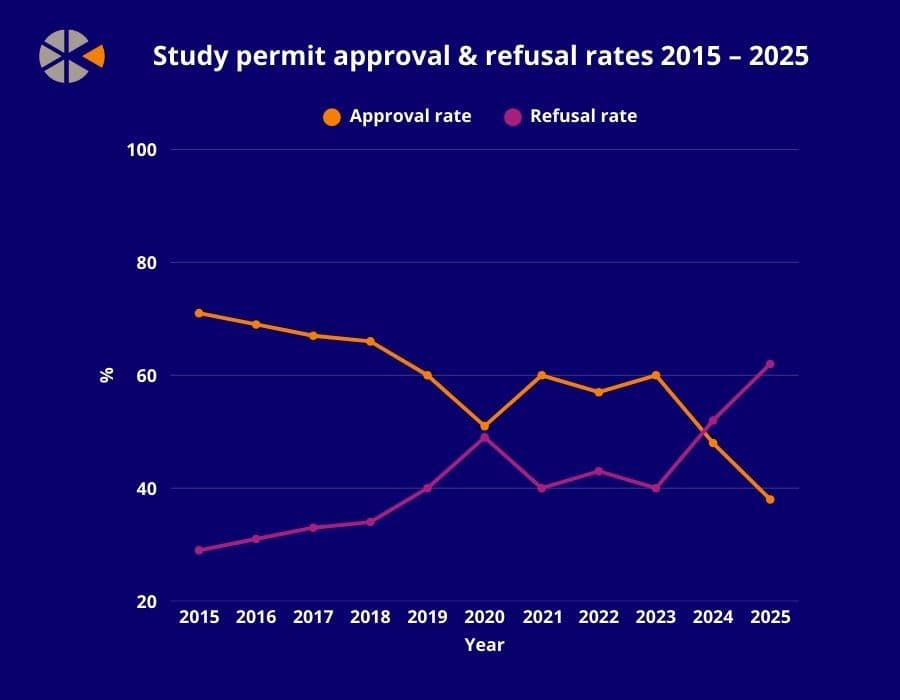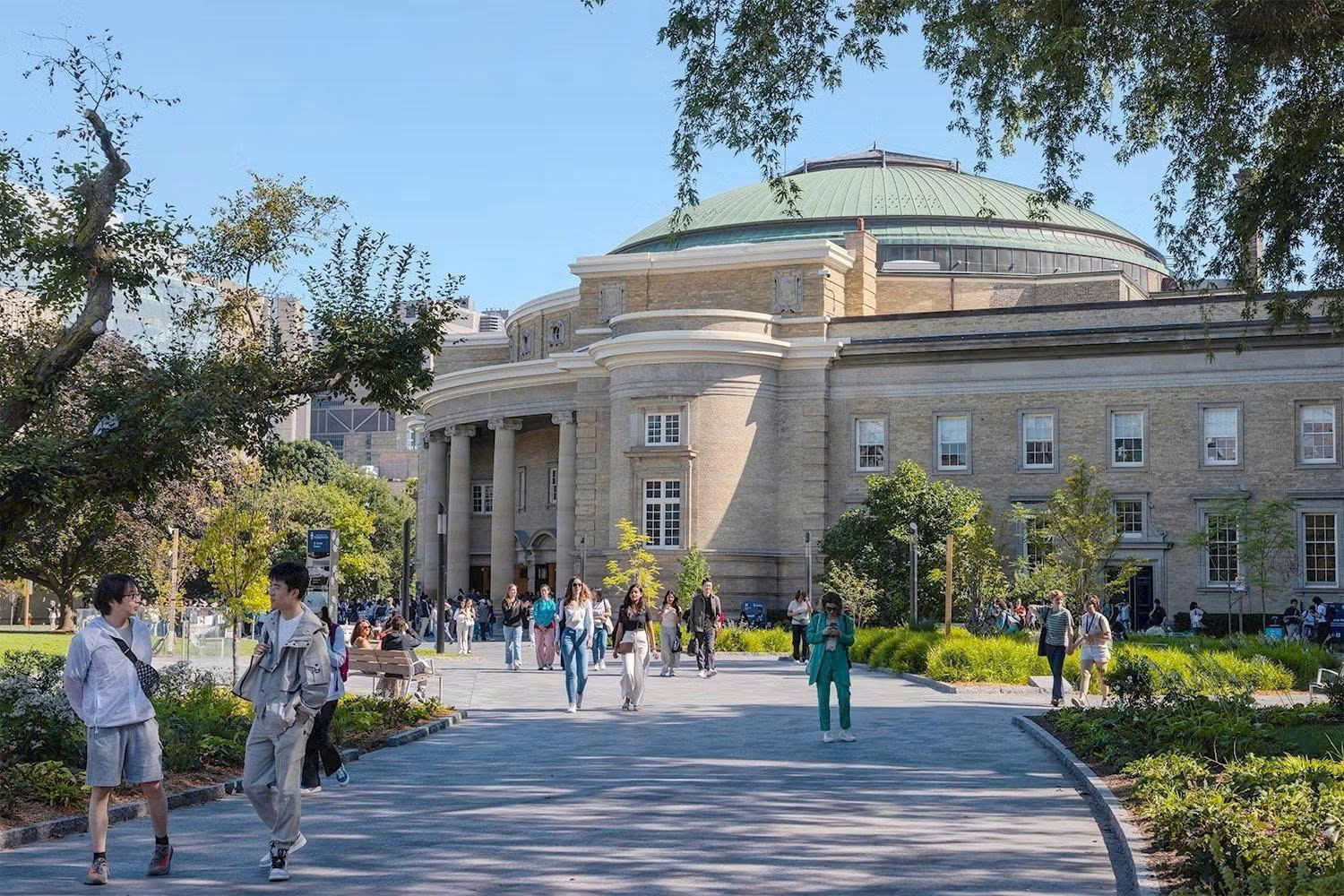This information, analyzed from Immigration, Refugees and Citizenship Canada (IRCC) data, was released in late August. Last year, the rejection rate was 52%, while in previous years it hovered around 40%. Indian students were the most affected, with an 80% rejection rate for study permits. Detailed figures have not been released.
"It's clear that the IRCC is scrutinizing study permit applications much more rigorously," commented Jonathan Sherman, vice president of BorderPass, a platform that assists with Canadian study permits.
According to ApplyBoard, a Canadian immigration and study abroad consulting organization, the acceptance rate has decreased because the IRCC believes international students staying after graduation contribute to increased immigration. Additionally, Canada has doubled the required proof of funds for international students to 20,635 CAD (395 million VND), leading reviewers to question the financial capacity of international students.
Students are advised to meticulously prepare their financial documentation and study plans, and to collaborate with reputable consulting agencies to improve their chances of success.
"Any incomplete or invalid documents can be grounds for rejection," ApplyBoard emphasized.
 |
Acceptance rates, 2015-2025. Photo: IRCC |
Acceptance rates, 2015-2025. Photo: IRCC
Canada is tightening its immigration policies to alleviate pressure on housing, infrastructure, and social services.
This year, the country issued 437,000 study permits, a 10% decrease compared to last year. Of these, over 73,000 permits are for postgraduate studies (master's and doctoral programs), nearly 243,000 for undergraduate and other programs. The remaining 120,000 are allocated to high school students, a group prioritized by the government, and international students renewing their permits at their current institutions.
Applicants seeking a post-graduation work permit (PGWP) must submit an English or French language proficiency certificate at the B2 level or higher for university students, and B1 or higher for college students. College students switching to a program not on the government's list, and requiring a study permit renewal, will no longer be eligible for a PGWP.
The Canadian government also discontinued the Student Direct Stream (SDS) program late last year. This program expedited study visa processing and waived proof of funds requirements for students from 14 countries and territories.
 |
University of Toronto campus, Canada. Photo: University of Toronto Fanpage |
University of Toronto campus, Canada. Photo: University of Toronto Fanpage
In 2024, Canada attracted over one million international students, becoming one of the two largest study abroad destinations globally, alongside the US. Indian students constituted approximately 41% of this number, while Chinese students made up 12%. There were over 17,000 Vietnamese students.
Huyen Trang (The Pie News, ApplyBoard, IRCC)












